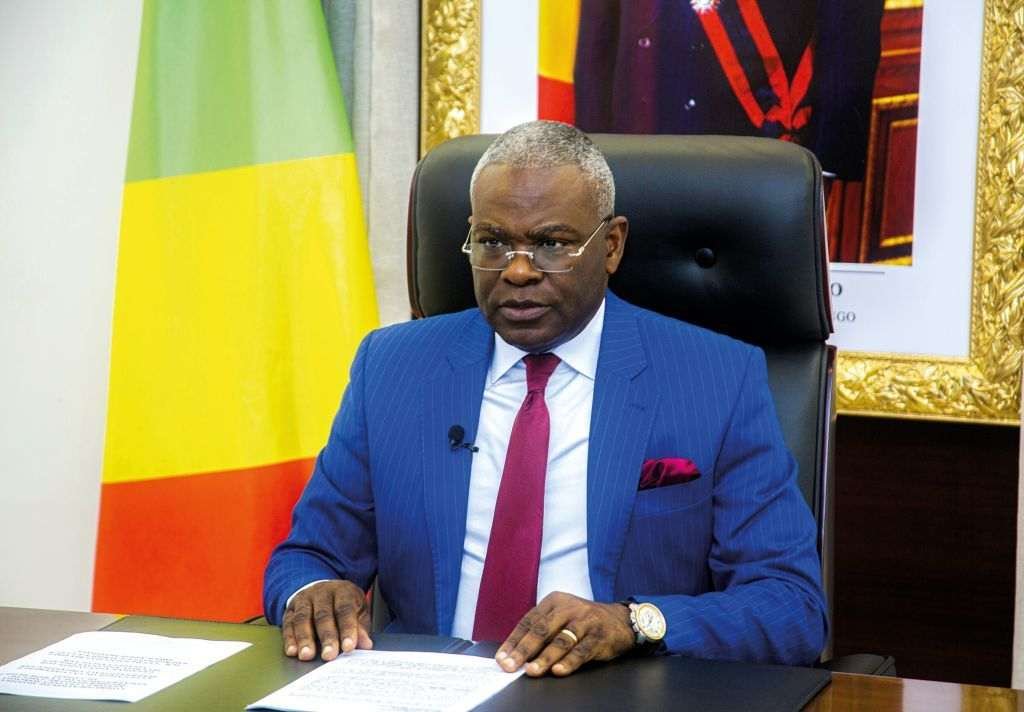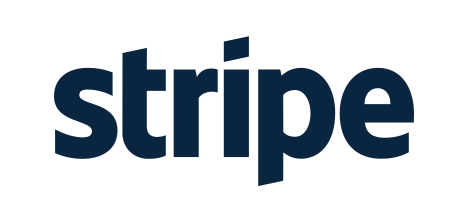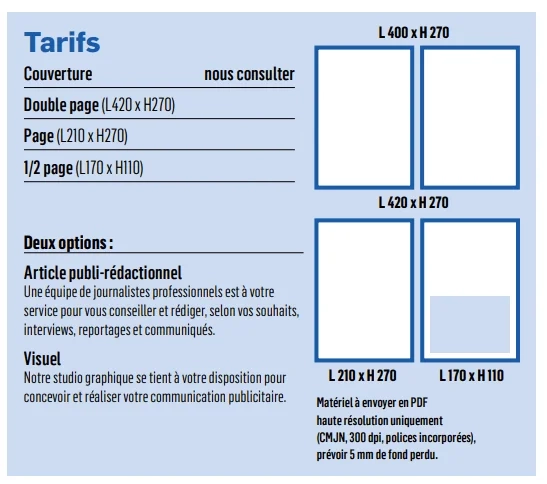
Interview with Anatole Collinet Makosso, Prime Minister, Head of Government, since May 12, 2021. Reappointed head of the Congolese government after the legislative elections in September 2022, he continues to clean up public finances.
Where are we in the implementation of the 12 battles, the government's action program?
Thank you for your interest in the work of the Government of the Republic of Congo. On June 21, 2021, we presented to the deputies what everyone calls the 12 battles, the government's Action Program. These 12 battles are a set of commitments made to implement the President of the Republic's social project, which has been translated into a national development plan. There are 82 of these commitments. 46 are considered acquired, 26 are in the process of being acquired, and 10 are not yet acquired simply because we are in the process of setting up the mechanisms to enable us to launch their implementation. We have planned 5 years to achieve our objectives. You understand by this that it is a process. All that remains is to establish the impact of everything we do on society, on the populations, and that is the work to be continued.
You are said to be committed to good governance. What are your actions against corruption?
To combat corruption, and therefore to establish good governance, we have adopted several texts, such as the constitution to remind us of our obligation to declare our assets, for example, which imposes a certain number of attitudes on us to observe in public affairs.
We have all the oversight institutions. The Court of Auditors and Budgetary Discipline, whose law currently being adopted has been strengthened to enable this institution to properly fulfill its role. You have the Commission for Transparency in Public Financial Management. You have several decrees strengthening the law on corruption and the decree on the prevention of conflicts of interest. Remember, Congo, my country, issued a decree in December 2022 to redefine the operating and organizational conditions of the procurement unit. You have a decree that was also just issued in 2022, defining the list of controls and inspections to prevent abusive controls by state agents over private operators. In my opinion, we have an important textual framework, both legislative and regulatory, that can already serve as a deterrent and repressive element.
We can also highlight that, as of January 1, 2024, the Republic of Congo will align itself with the best international standards in public finance governance, through the implementation of the program budget. This new practice should profoundly change the public governance of our country by implementing a results-oriented management method, which will undoubtedly contribute to making public action more effective in order to improve the well-being of the population.
What types of partnerships do you want to develop with the private sector?
First, I am delighted to note the growing interest of the private sector—and particularly international actors—in the Republic of Congo and its economy. This interest reflects the considerable efforts we have undertaken to make Congo more attractive. Under the leadership of the Head of State and with the decisive support of the government team, we have worked tirelessly to create a favorable investment environment and implement essential structural reforms. We have taken decisive steps to improve governance, strengthen the transparency and efficiency of our institutions, and implement responsible fiscal and economic policies. These actions have helped strengthen the confidence of private and international actors in our country as an attractive investment destination. Working with relevant stakeholders, we have put in place a solid framework to facilitate public-private partnerships and encourage investment in strategic sectors such as infrastructure, industry, and agriculture. We have worked on legislative and regulatory reforms to simplify procedures, expedite approvals, and ensure greater legal certainty for investors. These efforts have borne fruit, as evidenced by the public-private partnership agreements we have signed with internationally renowned companies such as Abu Dhabi Port and Arise IIP.
The agreement signed with Abu Dhabi Port for the installation of a new multimodal dock at the autonomous port of Pointe-Noire, representing an investment of 500 million dollars, demonstrates our commitment to developing quality infrastructure to facilitate trade and strengthen our position on the international scene.
The contract with the Lusis-Eco Global consortium for the mobilization of property tax across the entire national territory is an important step in the mobilization of internal resources. It demonstrates our commitment to strengthening our financial capacity to finance crucial development projects.
Finally, the arrival of Arise IIP in Congo with projects to develop special economic zones in Pointe-Noire and Ouesso is a remarkable opportunity. These special economic zones will help diversify our economy, create jobs, and attract foreign investment, in line with our National Development Plan.
Another partnership is being developed with Arise IIP for the structuring of the Congolese poultry sector, with a view to reducing our imports and better meeting national demand.
These partnerships are essential for stimulating economic growth, mobilizing resources, and creating jobs. They also allow us to benefit from private sector expertise, leverage additional financial resources, and adopt international governance standards. In a broader sense, PPPs offer us the opportunity to unlock our country's economic potential by encouraging targeted and sustainable investments. We therefore strongly encourage private sector actors, both national and international, to continue engaging in partnerships with the Congolese government. We are committed to continuing our efforts and thank all those who contribute to these initiatives. Together, we are building the future of our nation and working towards sustainable and inclusive development for all.
When do you expect to achieve the debt reduction targets of the Central African Economic and Monetary Community (CEMAC)?
If I understand your question correctly, it is about respecting one of the convergence criteria defined within CEMAC, which is to display a public debt ratio less than or equal to 70% of the Gross Domestic Product (GDP)? On this subject, today, the management of Congolese public debt is conducted by the medium-term debt management strategy in accordance with Regulation No. 12/07-UEAC-186-CM-15 of March 19, 2007, adopted by the CEMAC countries. We will note, for you, that among the requirements of said regulation, there is the obligation for Member States to develop overall guidelines for domestic and external public borrowing and debt management. These guidelines will therefore make it possible to determine a public debt strategy. It is within this framework that the government's action to meet the convergence criterion, which consists of displaying a public debt ratio below 70% of GDP, falls. In a difficult international economic context linked to health crises and conflicts in the West, the Republic of Congo is making progress in reducing its public debt, after a peak in the debt ratio at 116,05% of GDP, or 8,130.56 billion FCFA observed in 2021 and a level of 92.5% in 2022.
Today, the medium-term budget framework 2024-2026 presented by the government, last August before the national representation, shows a trajectory of the public debt rate oriented towards achieving this objective of the level set by CEMAC. Thus, the forecasts for the years 2023, 2024, 2025 and 2026 of the public debt rate show the rates of 98.9%, 92.4%, 82.5% and 73.7% respectively. You can see that the trend in the level of the public debt rate is oriented downwards for the coming years and the government's desire for it to comply with community standards and give the government more comfortable budgetary room for maneuver.


















 A Seat That Transforms into a Bed
A Seat That Transforms into a Bed  In the world of air travel, economy class is often considered the most affordable option. However, at Air Afrika, we believe that affordability shouldn't mean compromising on quality of service. Our class
In the world of air travel, economy class is often considered the most affordable option. However, at Air Afrika, we believe that affordability shouldn't mean compromising on quality of service. Our class







